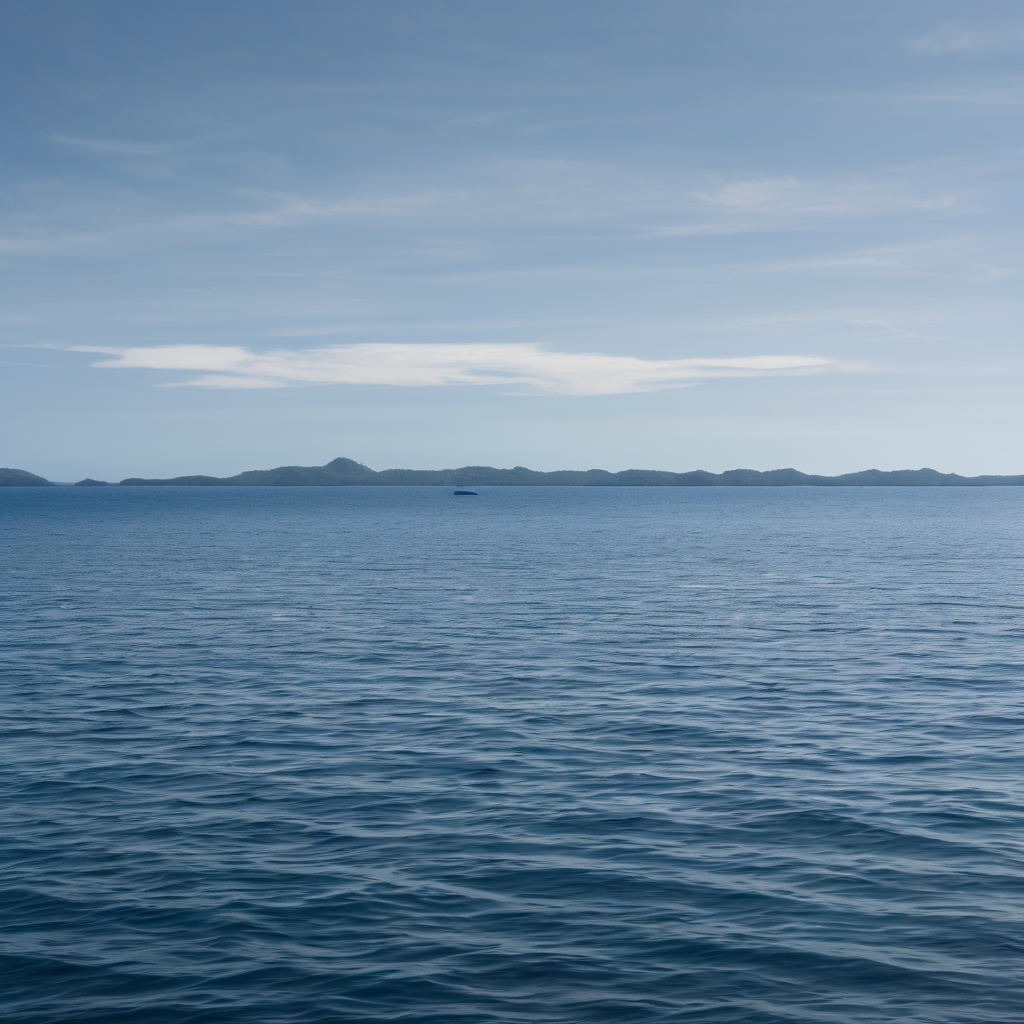Palau’s Senate has firmly reiterated its decision to decline a proposal from the U.S. government aimed at resettling asylum seekers on the island. Senate President Hokkons Baules announced the Senate’s position following an appeal from President Surangel Whipps Jr., who had hoped for further consideration of the resettlement plan.
In his October 3, 2025 letter, President Whipps suggested the establishment of a working group to discuss the potential resettlement of deportees and to ensure the proposal aligns with the interests of Palau. However, Baules maintained the Senate’s resolute stance, raising concerns about the impact that hosting refugees could have on the nation’s limited resources and fragile economy. This decision mirrors earlier sentiments expressed in July by both the legislature and the Council of Chiefs, who shared similar reservations.
The U.S. had proposed that Palau accept a number of deportees whose humanitarian residency applications were declined, yet the original proposal came without essential funding to support the necessary systems for the care of these individuals. This lack of financial backing has raised alarm over how Palau would effectively manage the needs of asylum seekers, along with highlighting the absence of a legal framework to facilitate such an arrangement. Compounding these issues is Palau’s non-signatory status to the United Nations Convention Relating to the Status of Refugees, which further complicates the situation.
Both Baules and House Speaker Gibson Kanai stressed the importance of maintaining Palau’s sovereignty in this matter while acknowledging the value of the country’s partnership with the U.S. They emphasized the necessity of respecting the decision made by Palau’s leaders, which showcases the delicate balance between meeting international obligations and addressing local capabilities.
This proposal touches upon broader trends in U.S. immigration policy, particularly scrutinized during previous administrations, which faced backlash over stringent deportation practices. The suggestion to resettle asylum seekers in Palau draws parallels to previous instances where the U.S. sought to relocate unwanted individuals to smaller Pacific nations, recalling the resettlement of Uighurs from Guantanamo Bay to Palau in 2009.
As Palau navigates its position in the face of geopolitical pressures, the Senate’s decision underscores the importance of prioritizing the needs and welfare of its citizens. While the current outcome presents challenges, it also fosters dialogue around humanitarian responsibilities and the role of smaller nations within the international asylum landscape. The situation in Palau reflects the complexities involved in managing asylum and deportation issues, yet it remains hopeful that leaders will continue to seek collaborative solutions that benefit their citizens while sustaining vital international partnerships.
